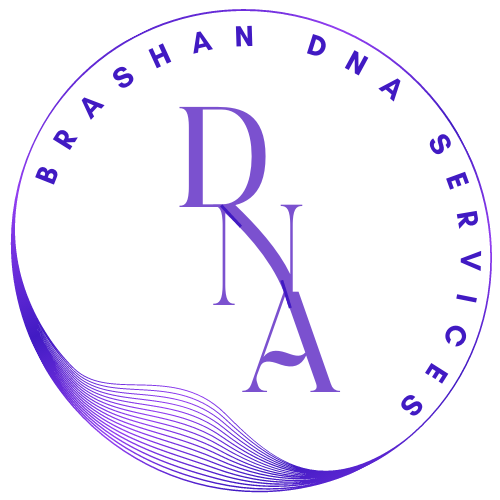How exact is a DNA Test? The accuracy of a DNA test depends on the type of test, the quality of the DNA sample, and the laboratory that performs the test. In general, DNA tests are very accurate.
- Paternity tests are typically 99.9% accurate in determining whether a man is the biological father of a child.
- Ancestry tests can be used to determine a person’s ethnic background, but their accuracy can vary depending on the test and the person’s ethnicity.
- Medical tests can be used to identify genetic diseases or predispositions to certain conditions. The accuracy of these tests depends on the specific test and the individual’s DNA.
It is important to note that no DNA test is 100% accurate. There is always a small chance of a false positive or false negative result. If you are concerned about the accuracy of a DNA test, you should talk to a genetic counselor or other healthcare professional.
How exact is a DNA Test? Facts
Here are some factors that can affect the accuracy of a DNA test:
- The quality of the DNA sample: The DNA sample must be of good quality in order to get accurate results. The sample should be collected properly and stored in a cool, dry place.
- The laboratory that performs the test: The laboratory that performs the test should be accredited and have a good reputation.
- The type of test: Some DNA tests are more accurate than others. For example, paternity tests are typically more accurate than ancestry tests.
Conclusion
If you are considering taking a DNA test, it is important to weigh the risks and benefits carefully. DNA tests can provide valuable information, but they are not without risks. It is important to understand the limitations of DNA tests and to talk to a healthcare professional before making a decision.
Do you need a DNA Test? Contact us for any enquiry.

